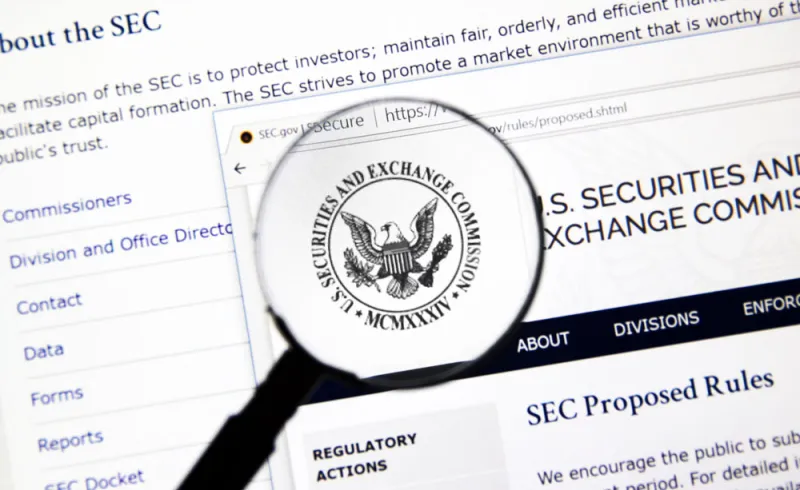The U.S. Securities and Exchange Commission has released a draft of its strategic plan for the next four years, mapping out goals focused on “investors, innovation, and performance.”
The SEC published the draft on Tuesday, opening up a public comment period for investors and other market participants to share their concerns and suggestions. In its current form, the strategic plan lays out schemes to respond to new market developments, such as the growth of cryptocurrencies, and to improve the regulator’s use of data and analytics. The draft’s primary focus, however, is on retail investors and their retirement planning process.
“The continuing evolution away from company-managed retirement plans to 401(k) plans also means that today’s workers must shoulder more responsibility for saving and investing for retirement compared to prior generations,” according to the draft.
In the strategic plan, the SEC laid out five ways that it will focus on the long-term interests of “Main Street investors.” These include working to understand how institutional and retail investors tap into capital markets, conducting outreach to a diverse set of investors, making its information more accessible, and trying to expand the number of companies that are SEC-registered.
The SEC also said it would center its enforcement activities on addressing misconduct that impacts retail investors, including areas like securities custody and penny stock trading. Such a move would mark a shift from the previous enforcement regime: Under former SEC chair Mary Jo White, the regulator had paid close attention to issues impacting institutional investors, such as private equity fees.
[II Deep Dive: SEC Fines Welsh Carson Over Conflicts of Interest]
In addition to working to help retail investors, the SEC said it plans to ramp up its efforts to understand the ways its own rules and processes could be updated to match today’s technology.
“Data collection, storage, analysis, availability, and protection are fundamental to our capital markets, the individuals and entities that participate in those markets, and the SEC,” the draft stated. “The scope and severity of risks that cyber threats present have increased dramatically, and vigilance is required to protect against intrusions and disruptions.”
The SEC added that it aims to help market participants manage these growing risks by informing investors when a cybersecurity incident takes place.
The SEC said it formulated the draft proposal after meetings with members of Congress and congressional committees, investors, businesses, financial market participants, academics, and “other experts and stakeholders.”







